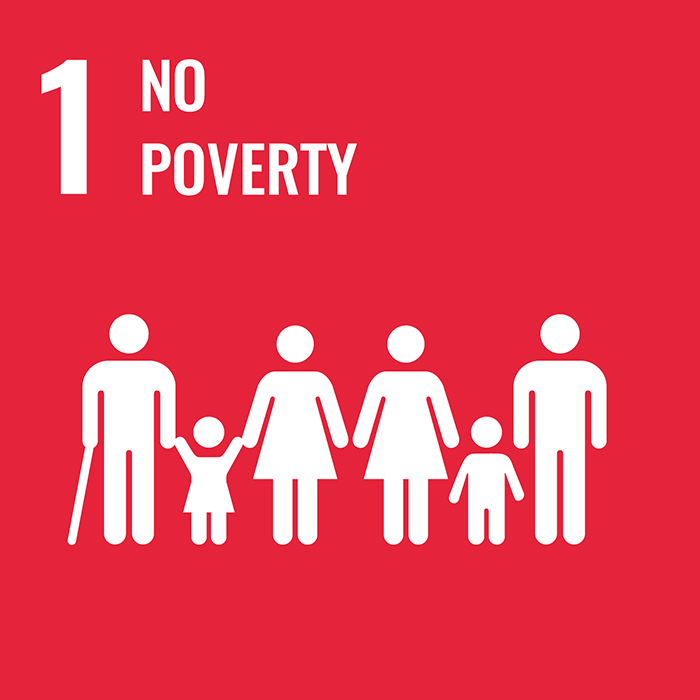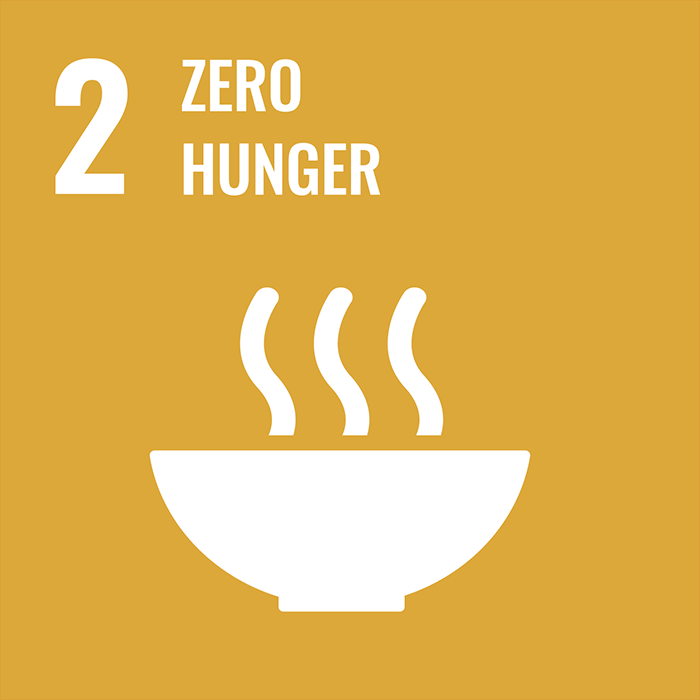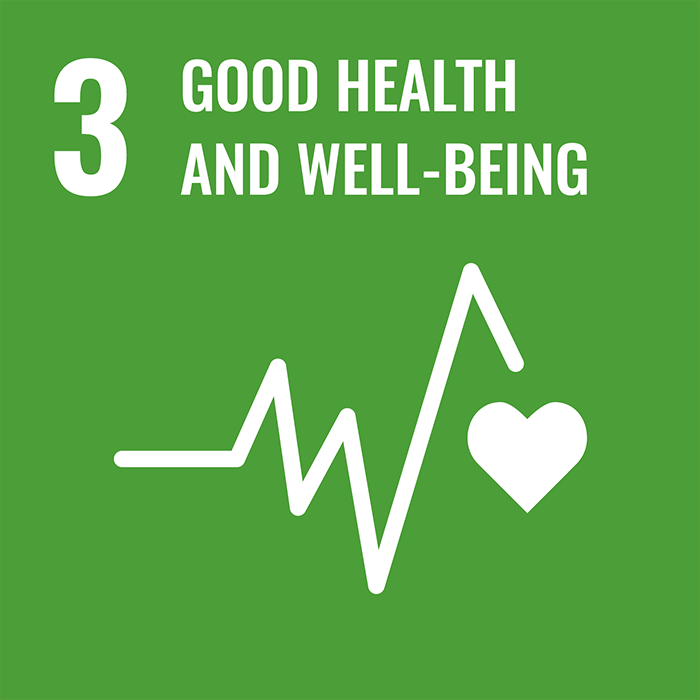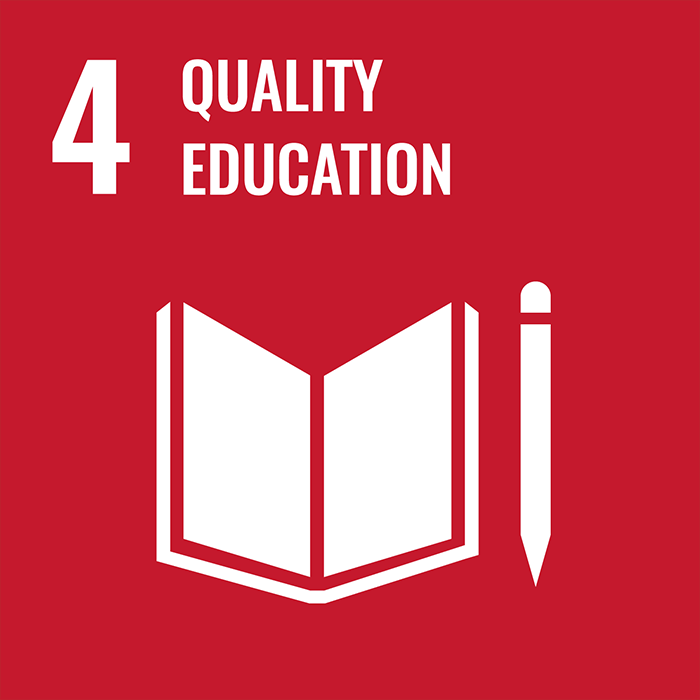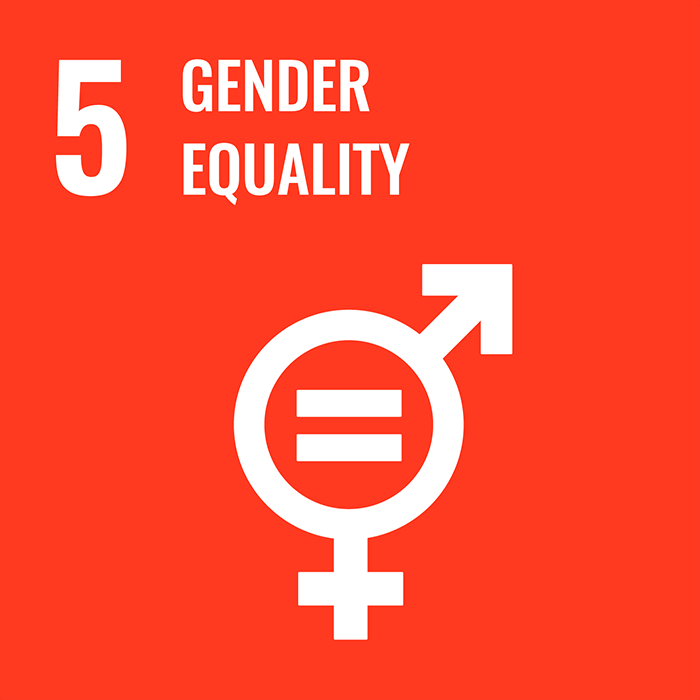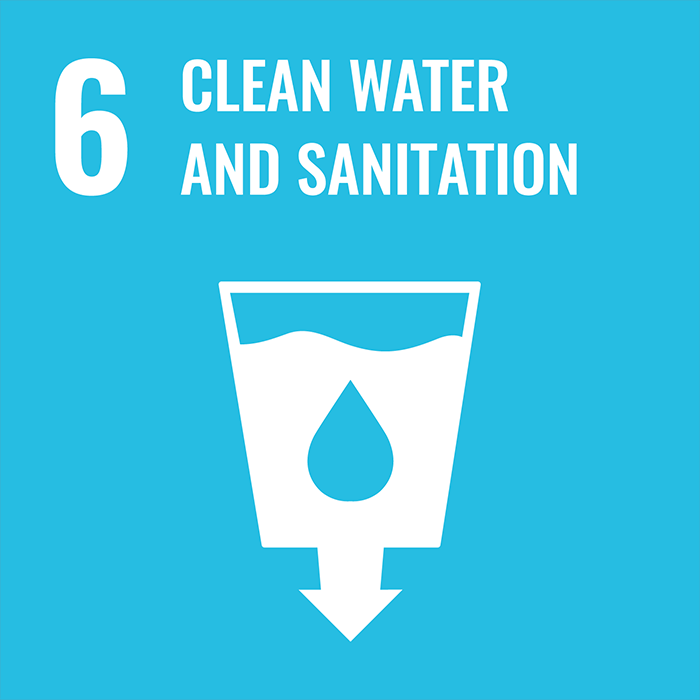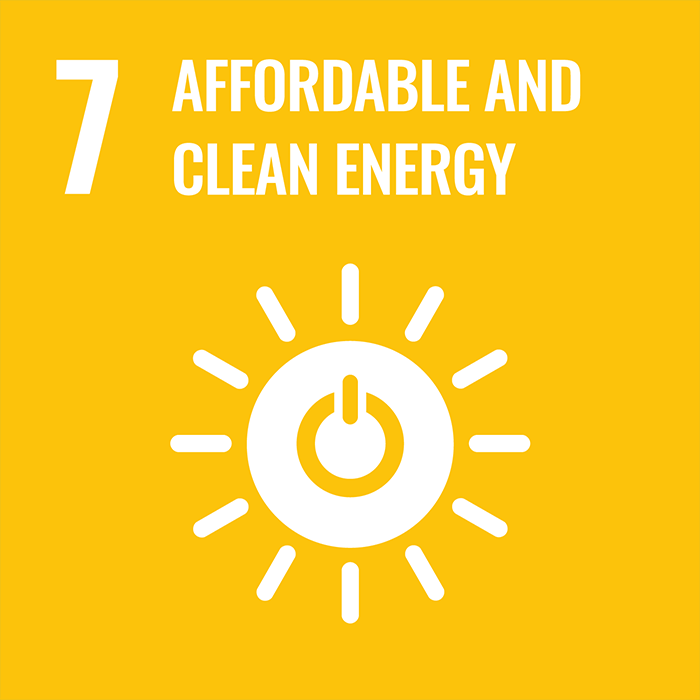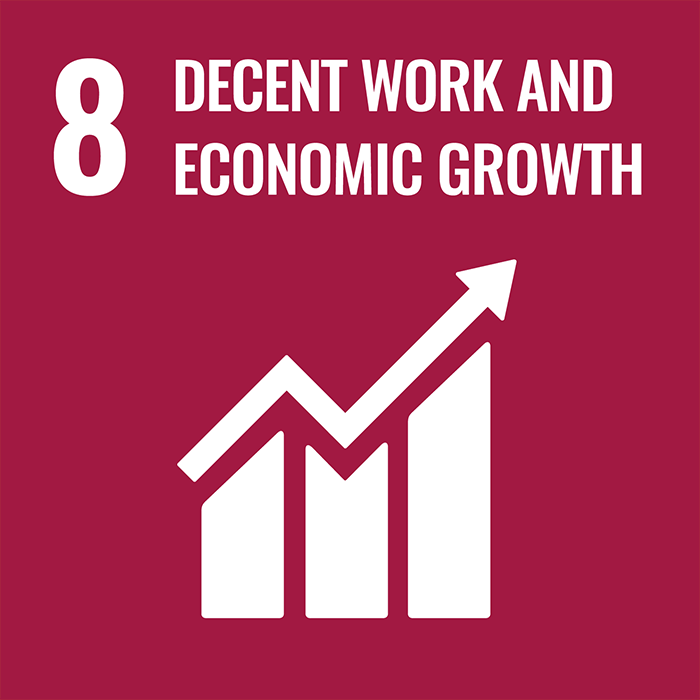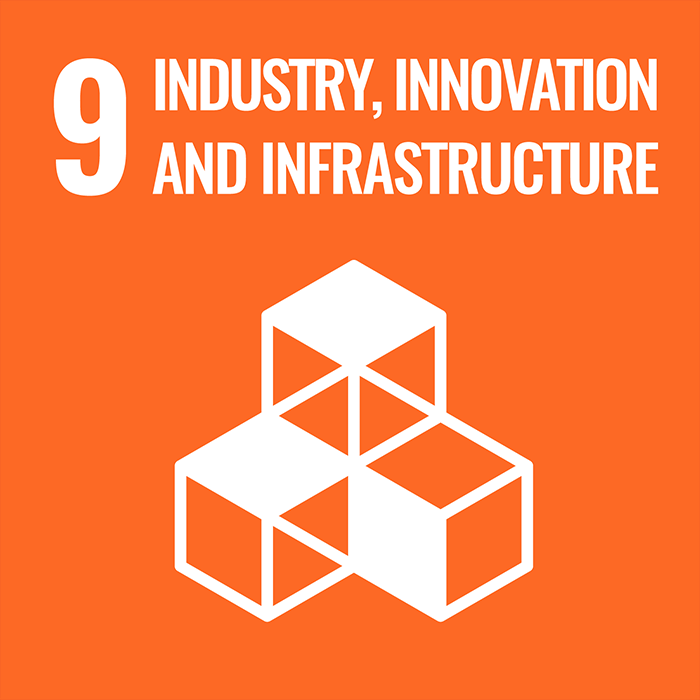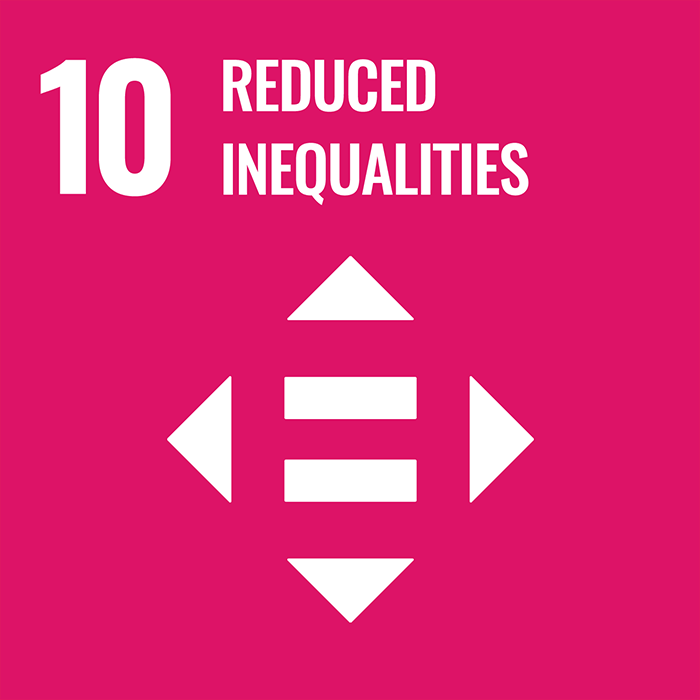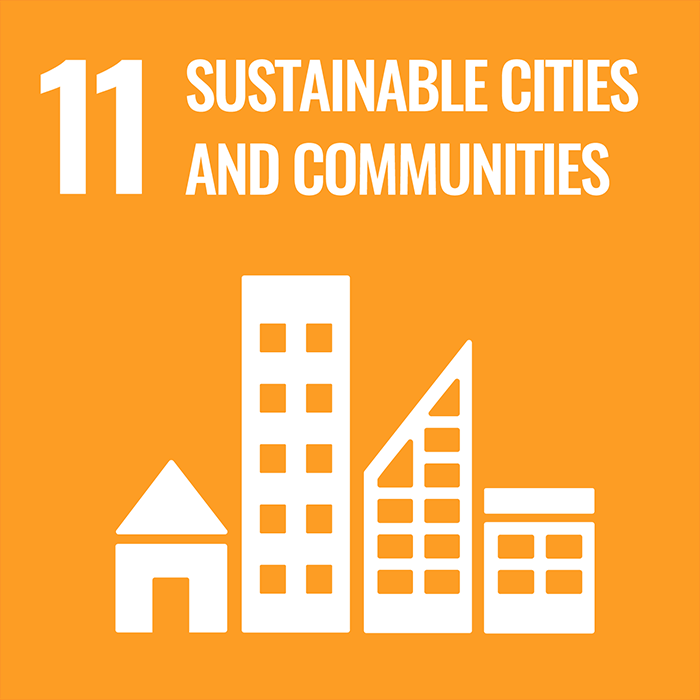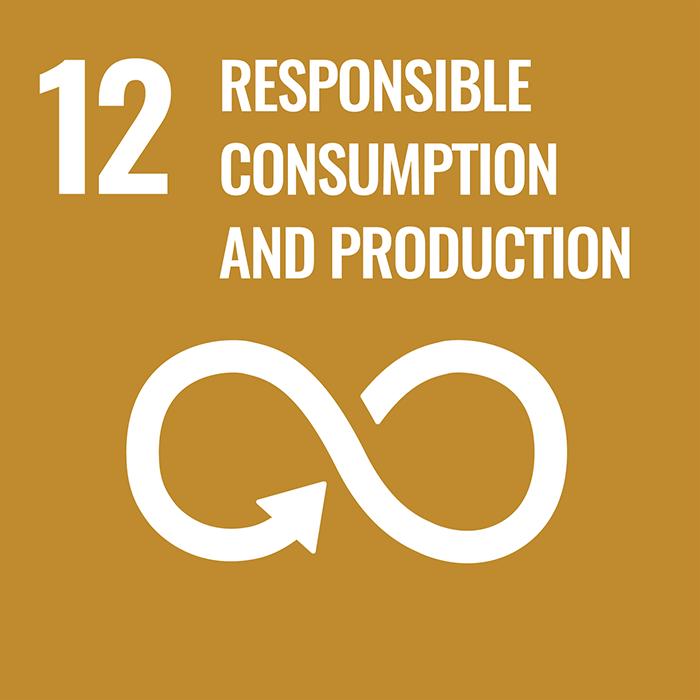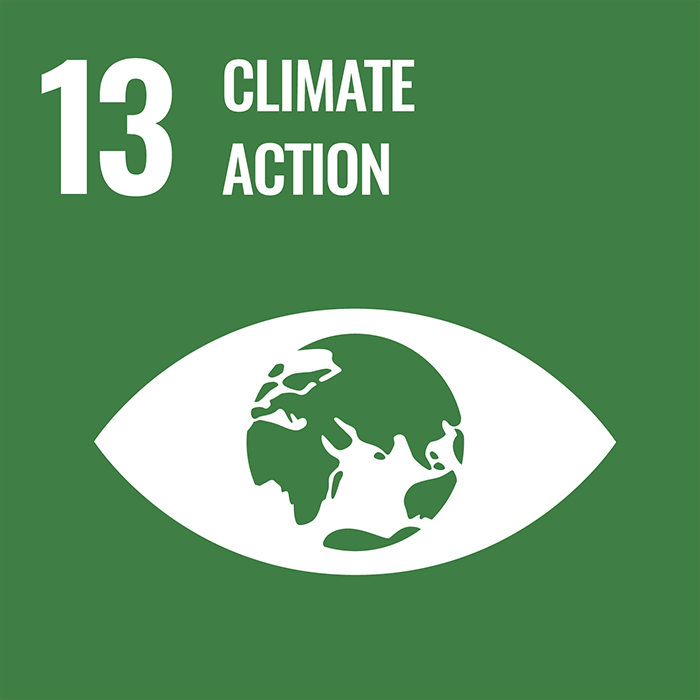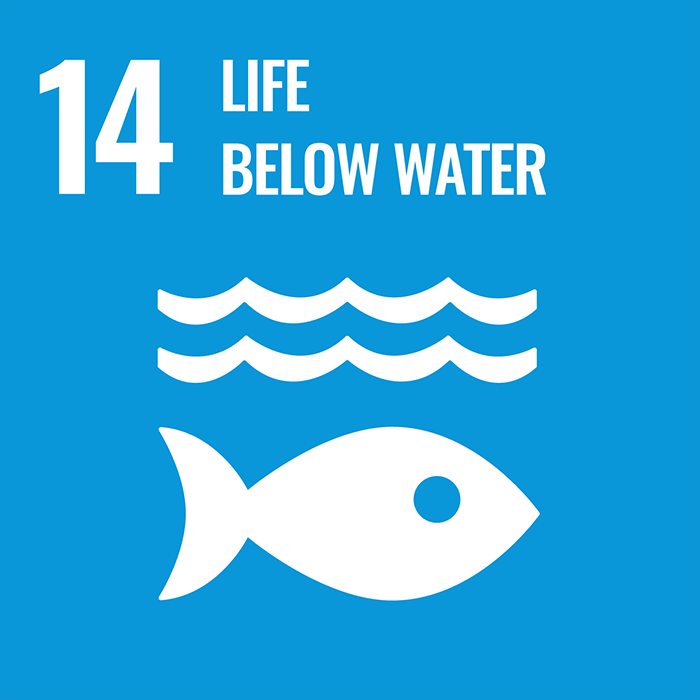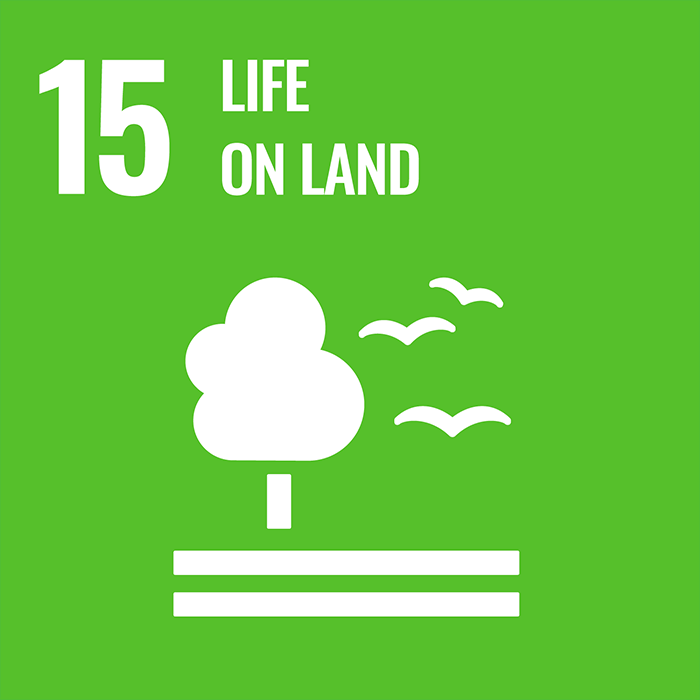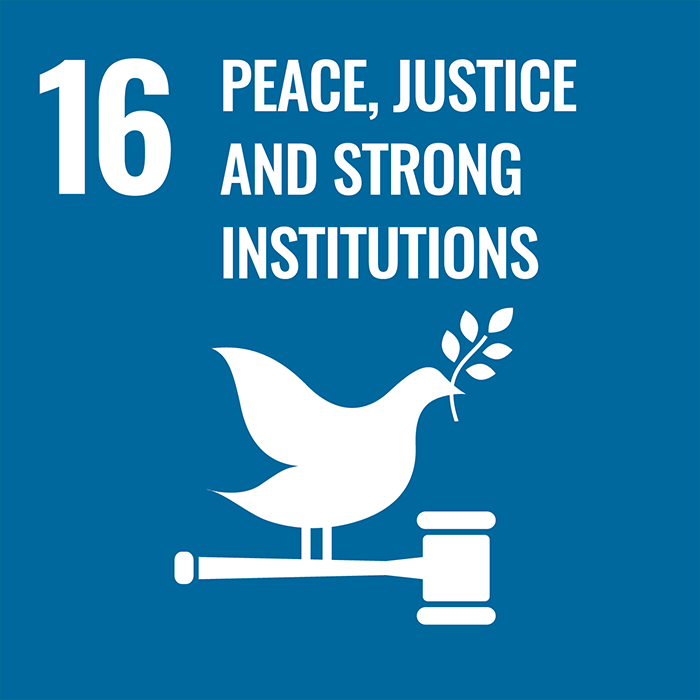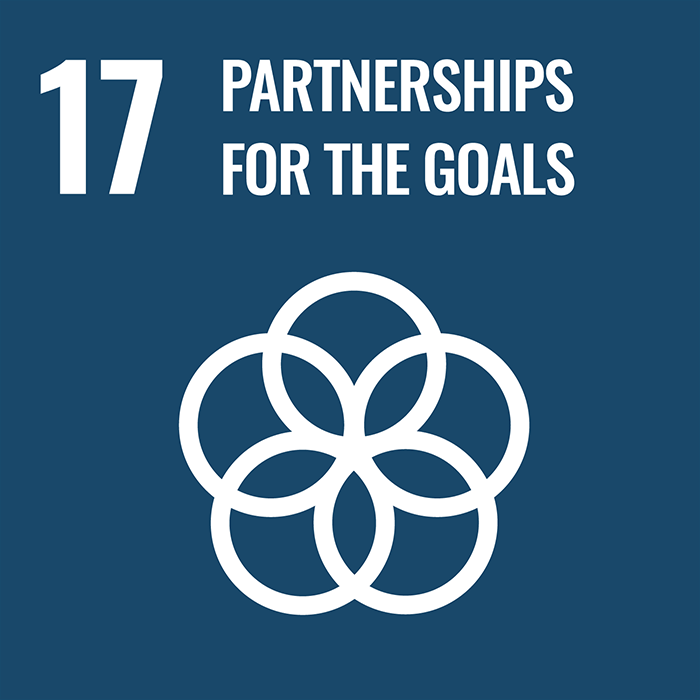Progress towards UN SDG 12: Responsible consumption and production
Ensure sustainable consumption and production patterns
Our research

New funding will enable University of Glasgow researchers to investigate and improve the sustainability of one of chemistry's most widely used purification techniques.
Dr Joseph Cameron and Dr Alex Loch will lead the first comprehensive life cycle assessment of flash chromatography purification, backed by a grant from the Royal Society of Chemistry's Sustainable Laboratories Grant programme.
Their project aims to quantify the environmental impact of flash chromatography, a technique used across synthetic chemistry for purifying chemicals.
The outcomes of their research will form the foundation of new recommendations for more sustainable approaches which could be adopted by academics and industry.
The researchers will focus particularly on the reusability of chromatography columns, comparing different types of columns and assessing how many times they can be effectively reused across various chemical applications.
The project will also examine the lifecycle of chromatography instruments themselves, including what happens to equipment at end-of-life and how valuable components including metals and critical materials could be reused or recycled. The researchers hope their findings will provide the evidence base needed to change practices in both academic and industrial laboratories.
Find out more
Learning & teaching

Computing science students at the University of Glasgow have become the first in the UK to have specific material about the environmental impact of digital technologies integrated into their undergraduate curriculum.
Researchers estimate that by 2040 emissions from computing alone could consume more than half of the world’s carbon budget available to limit global heating to 1.5°C above pre-industrial levels. The energy demands of powering computers and data centres make up around 70% of the computing sector’s carbon emissions.
BSc students at the University’s School of Computing Science will be regularly taught and assessed about the sustainability implications of their chosen field of study.
The school’s updated curriculum aims to help future generations of computing scientists play leading roles in reducing the ecological harms of the digital world. It will focus on understanding and assessing the problem of emissions from computing at a global scale, with a focus on the specific systems that students design and develop.
Computing science students at the University of Glasgow have become the first in the UK to have specific material about the environmental impact of digital technologies integrated into their undergraduate curriculum.
University operations

The University of Glasgow Eco-Hub is a social space that promotes sustainability on the campus. It acts as a meeting point for staff, students and the wider community to come together to discuss and build a sustainable world. Services provided help address the cost of living and the climate crisis.
It houses a permanent clothes and homeware swap-shop and a collection of educational resources on the environment. The Eco-Hub hosts bike repair sessions and practical workshops such as clothing repair and sustainable crafting.
Find out more
Civic engagement

Several community organisations that support citizens to live more sustainable lives are among 26 groups benefiting from over £70,000 of grant funding provided by the University of Glasgow to support local projects doing important work in their communities.
Make Do and Grow is a family-oriented community project in Govan that supports sustainable living by offering upcycling workshops and selling affordable, second-hand children's clothing and toys. Its mission is to reduce waste and provide practical solutions to families, while promoting creativity and learning through hands-on activities.
Boomerang Woodworking is focused on sustainable woodworking, and offers a variety of workshops that promote skills development, creativity and mental wellbeing. The community interest company provides hands-on sessions tailored to different groups such as young people, individuals with disabilities, and women, while also working with community initiatives to design and create outdoor spaces such as planters and raised beds.
The Govan Appliance Project Supports individuals and families facing financial difficulties by offering free or low-cost essential household appliances. The project aims to alleviate poverty and improve the living conditions of the most vulnerable people in Govan, while providing workshops and training courses on how to repair domestic appliances – maintaining the life span of appliances.
All the projects either take place within or deliver benefits to Glasgow Riverside Innovation District, which is driven by a partnership between the University, Glasgow City Council and Scottish Enterprise.



